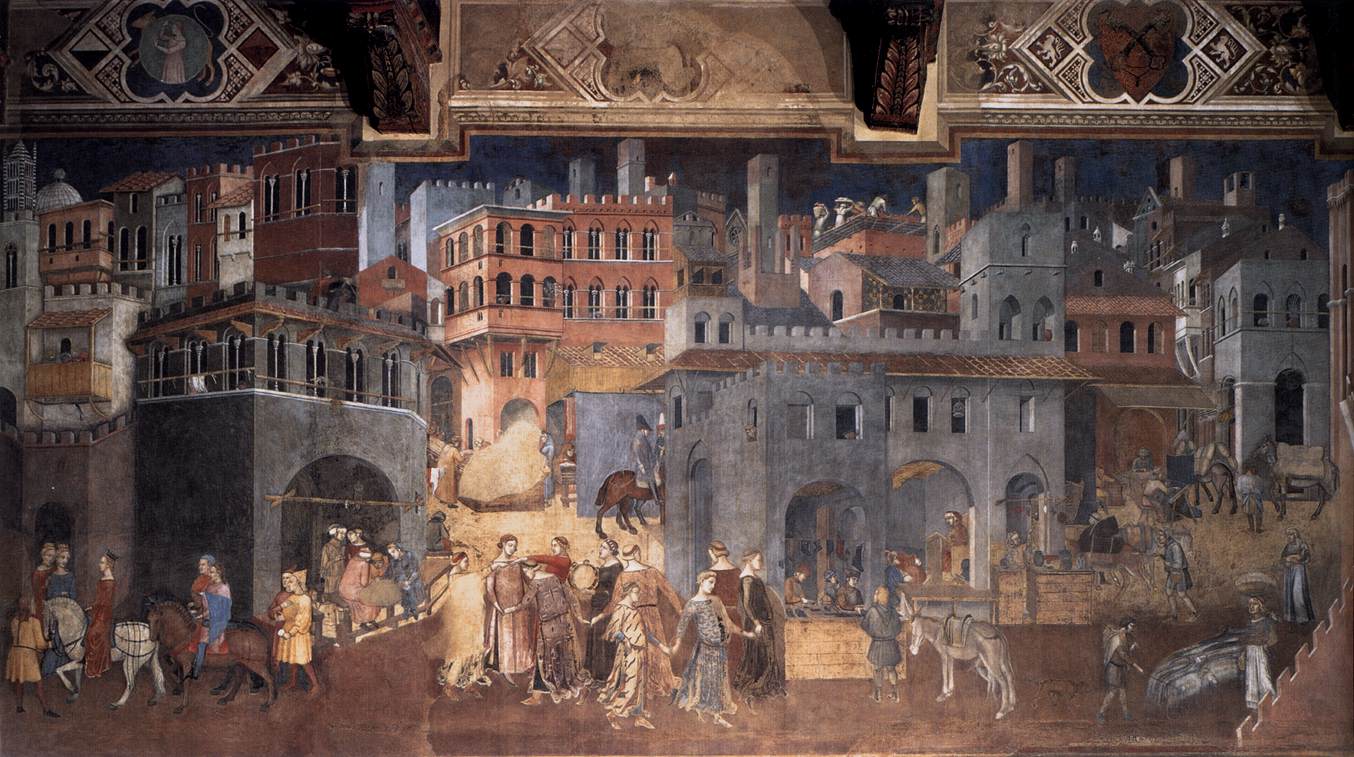
Introduction
Political philosophy is the study of the fundamental questions of human life generally and political life in particular. Its first basic problem concerns the profound issue of human happiness: how should I live? Is the best way of life one devoted to the satisfaction of desire, the ethical and political virtue of a Lincoln or Washington, the intellectual excellence of a Socrates, religious faith and observance, or the poetry of a Shakespeare? Its second central question is how should we live? What is justice, and what is the most just form of government?
Political philosophy explores all the central phenomena of human action and political choice in the light of its two central questions.
This site is devoted to exploring the ideas of the Great Thinkers of Political Philosophy.
—
According to Harvey C. Mansfield:
Political Philosophy is found in great books—those by Plato, Aristotle, Locke, Rousseau, and others of the highest rank—and in books by professors. You should spend much more time with the great authors than with the professors, and you should use the professors to help you understand the great authors; you should not allow yourself to be diverted or distracted from the great books by the professors. Why not go for the Gold?…
There is a long tradition of political philosophy dating from Socrates and consisting of a series of great books, each written to comment favorably or adversely on a contemporary or a preceding philosophy. A scholar can devote his life to this tradition or part of it, and anyone serious about political philosophy will want to acquire some knowledge of the tradition. But one does not have to go to books of political philosophy to find political philosophy. All the books of political philosophy could be lost, if one can imagine such a calamity, and yet the activity could be generated anew directly from political life. The partly rational character of politics calls for completion in political philosophy—even though it takes a great thinker, to whom we are all greatly indebted, to answer the call.
Politics always has political philosophy lying within it, waiting to emerge. So far as we know, however, it has emerged just once, with Socrates—but that event left a lasting impression. It was a “first.” I stress the connection between politics and political philosophy because such a connection is not to be found in the kind of political science that tries to ape the natural sciences. That political science, which dominates political science departments today, is a rival to political philosophy. Instead of addressing the partisan issues of citizens and politicians, it avoids them and replaces their words with scientific terms. Rather than good, just, and noble, you hear political scientists of this kind speaking of utility or preferences. These terms are meant to be neutral, abstracted from partisan dispute. Instead of serving as judge of what is good, just, or noble, such political scientists conceive themselves to be disinterested observers, as if they had no stake in the outcomes of politics. As political scientists, they believe they must suppress their opinions as citizens lest they contaminate their scientific selves. The political philosopher, however, takes a stand with Alexis de Tocqueville (1805-59), who said that while he himself was not a partisan, he undertook to see, not differently, but further than the parties.